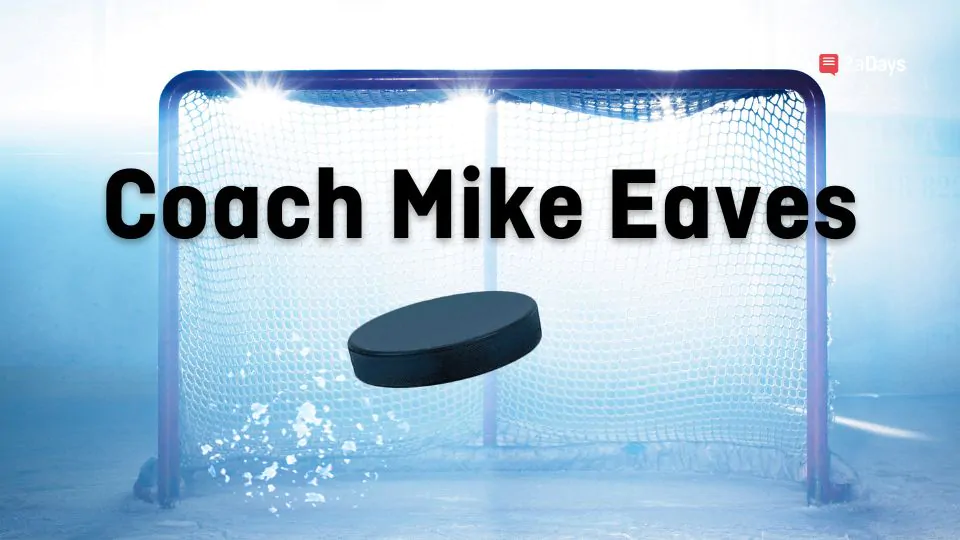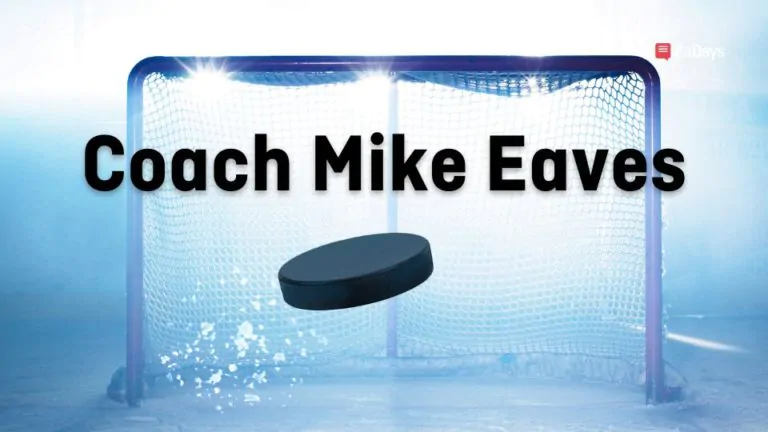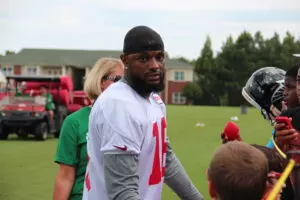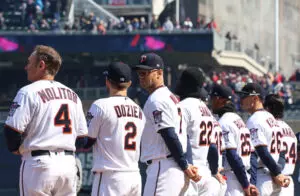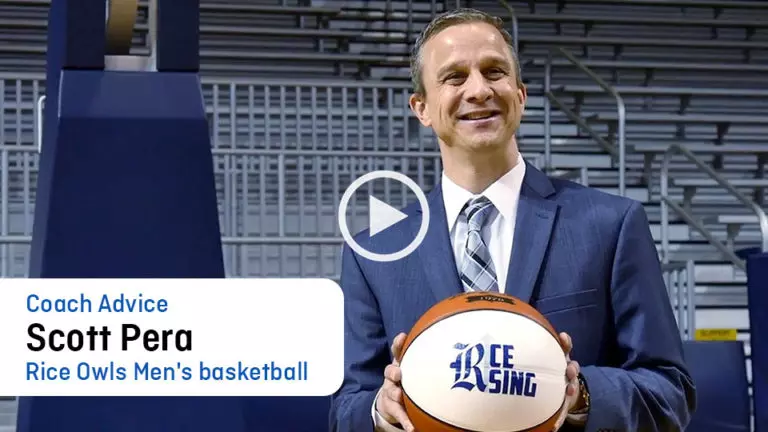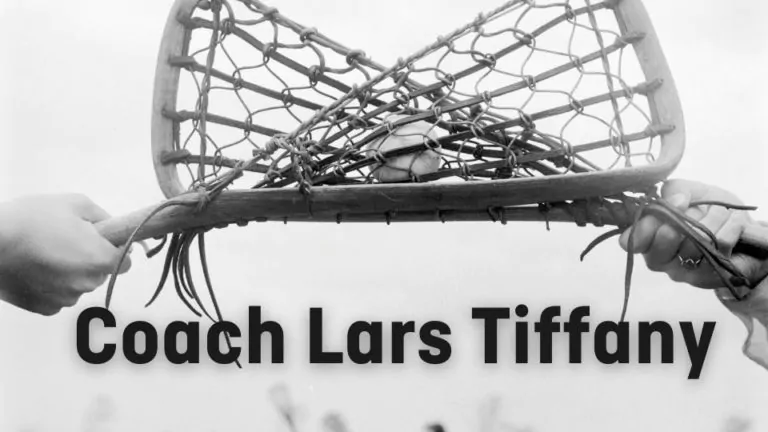Former NHL player Mike Eaves has coaching experience at the collegiate and professional level. After spending six seasons in the NHL as a player, Coach Eaves took up assistant coaching jobs for the Calgary Flames, the Pittsburgh Penguins, and the Philadelphia Flyers before head coaching for the AHL's Hershey Bears and the Cleveland Monsters. He also coached at St. Olaf's College for several years, where his team took home an NCAA championship in 2006. With his combined 37 years of coaching experience, Mike Eaves knows what makes a great hockey player. Here are his tips to help you in your recruiting process.
What is the most important quality you look for in a recruit?
That the young [athlete] is a solid student. Next, I look at his heart! Does he have grit? Is he a good teammate? The physical skills would be next in order of importance: skating, hockey sense (IQ), vision. Next would be skills with the puck: puck handling, passing, shooting, goal-scoring. Then play without the puck: skills that involve checking, angling, containing.
What is the best way for a recruit to get on your radar?
If you have interest in our school, email us indicating first that you have interest, second when you may be in the area playing [or send a] notice of a prospect game that we may be able to go and watch a group of teams.
When should an athlete contact you, what is the best way? (age, grade, time of year, email, phone, or other)
Email is good first contact. For us at this level we are looking at players that have had junior hockey experience. It is good to know when you are going to the main camp of a junior team in the summer and where you end up for the season.
Related: 5 Important Email Tips During the Recruitment Process
What are your expectations for incoming players in the classroom, in the weight room, and on the ice?
Our culture is one of excellence in all areas. The classroom represents your future. Very few DIII players make a lot of money playing pro hockey. The classroom will open doors for the future–your time and effort will build your pathway to your future. The excellence in the classroom spills right into the weight room and ice.
These areas present various challenges similar to life: you get to practice life by working in these areas.
What's a short tip for getting recruited?
Be short and concise in communications. Short video is appreciated to just get a vision. References are welcome.
What is the best advice you can offer a recruit?
Control what you can: Play to your strengths!!
Related: 5 Recruiting Tips for Men's Hockey Players
What really jumps out to you when reviewing a recruit's highlight tape?
Like to see different situations: like to see the grit in a game…like to see play with the puck (passing, shooting, scoring, vision)…like to see play without the puck (good check, good forechecking, good penalty killing sequence, blocking shot)
What are the main tips for a recruit's highlight tape?
Keep [it] concise, [and show] different scenarios.
Related: Want to Wow Recruiters? Top 5 Platforms to Help You Create the Best Highlight Reel
When do you recommend recruits put together and share their highlight reels? Is it best to make their highlight reel during the offseason, in the middle of season, or after each game?
Offseason: pick and choose wisely so it is not too long. Music is not necessary.
What advice do you have for recruits who get turned down by their dream schools? What are their options if they don't gain the recruiting attention they desire?
Have a plan B: whether is plan B at DI level or Plan B to a DIII school. The idea is that you are realistic and yet still carry your dream. Find that balance.
How big a factor is social media when recruiting players? What advice do you have for athletes regarding social media?
I don't use social media hardly at all for recruiting players. Talking with coaches, viewing video sent from recruits, going to main camps are the big three.
Have an idea for a story or a question you need answered? Want to set up an interview with us? Email us at [email protected]
* Originally published on November 3, 2022, by 2aDays Staff
